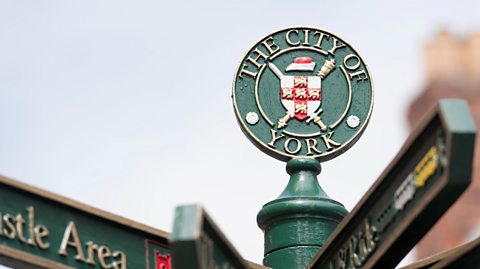Ever wondered how places get their names? Many have a very interesting history, and plenty are named after people.
Some are relatively obvious: think of the countless American cities, towns and counties called Washington, as well as Washington state and Washington DC, all of which are named after the USA’s first president, George Washington. Or Wellington in New Zealand, named after the Duke Of Wellington.
But others are a bit more surprising. Here are six places that perhaps you wouldn't suspect are named after people.
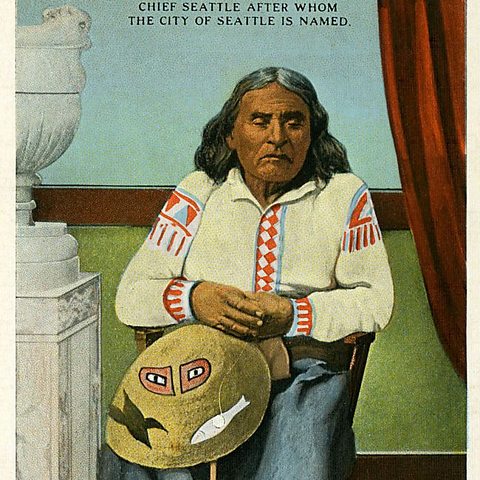
1. Seattle
The first American settlers had arrived in the region of the Pacific Northwest that would become Seattle in 1851. Known as the Denny Party, they had founded a town called New York, but soon after relocated close to the mouth of the Duwamish river, an area that was inhabited by Native American tribes.
The chief of the local Duwamish and Suquamish tribes was Chief Si’ahl, or Sealth. He advocated pursuing a peaceful relationship with the new settlers, seeking to trade and make business with them. He had a close friend and ally in David Swinson ‘Doc’ Maynard, a businessman, doctor and Justice of the Peace, who advocated renaming the town after Si’ahl.
Anglicised, Si’ahl became ‘Seattle’. According to one story, Chief Si’ahl wasn't amenable to the settlement bearing his name. He eventually agreed for a small annual sum of money to be collected from those who lived in Seattle as a symbolic payment for being able to use it.

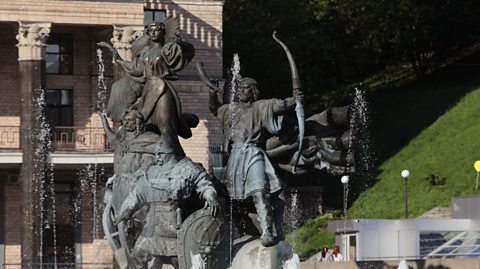
2. Kyiv
Archaeological evidence points to some kind of settlement in the region of Ukraine we now call Kyiv for tens of thousands of years, with tribes having settled in the area around 3,000 BC.
In legend, modern Kyiv was founded by three brothers: Kyi, Shchek and Khoryv, and their sister Lybid, who settled on three hills in 482 AD. The settlements spread and merged, and the resulting town was named Kyiv after the eldest of the brothers. A nearby river was named Lybid.
Some historians believe that there is some truth in this story, with Kyi possibly having been a prince of an East Slavic tribe called the Polans.

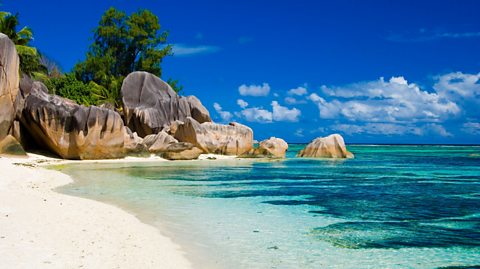
3. The Seychelles
For many people, the Seychelles is the ultimate exotic island paradise. With its azure seas and sandy beaches, it's the kind of place a lot of us dream of visiting one day.
Which makes it more than a bit strange that it’s named after… an accountant.
The archipelago, which comprises 115 islands in the Indian Ocean, was uninhabited until the arrival of French planters in the 18th Century.
But it got its current name thanks to Corneille Nicholas Morphey, a captain of the French East India Company who formally annexed the islands for his home country in 1756. He named the new colony after Jean-Moreau de Séchelle, who was then the French Minister of Finance.

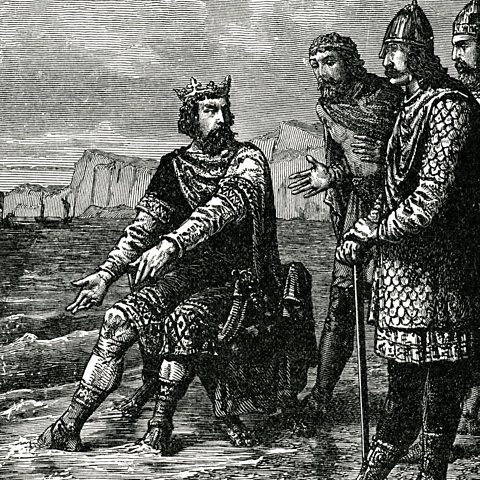
4. Knutsford
The legend of the Viking King Canute (in Old Norse ‘Knútr inn ríki’, or ‘Cnut the Great’), who sat on the beach and commanded the waves not to touch him as a way of showing his subjects that a king’s power was not unlimited, is well known to children and adults alike.
What might not be as widely known is that the damp-footed monarch also gave his name to this traditional market town in Cheshire.
The story goes that in 1016 Canute waded across (or forded) the River Lily at a place that subsequently became known as Cunetesford, a name which is mentioned in the Domesday Book in 1086. This gradually morphed into the modern name Knutsford.

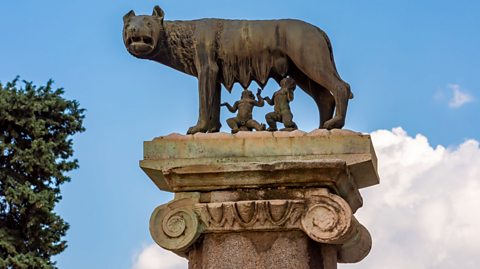
5. Rome
If you travelled back in time to ancient Rome, tugged on a passerby’s toga and asked how the city came to exist, they’d very likely tell you that it was founded by twins Romulus and Remus, children of priestess Rea Silvia and Mars, the Roman god of war.
Rea Silvia's father was King Numitor, who had been dethroned by his brother Amulius. Amulius ordered for the twins to be drowned in the river Tiber. But they survived and, according to the legend, were suckled by a wild she-wolf. Statues of the so-called Capitoline Wolf and the twins can be found in modern-day Rome, as well as cities all over the world.
Romulus and Remus grew up and set out to build a city, but disagreed and argued over several details. Eventually, Romulus took over and founded the city of Rome, becoming its first king.
This story is mentioned by many ancient historians, including Plutarch, Ovid and Livy, and is an example of a ‘founding myth’, a story of how a city or place came to be.

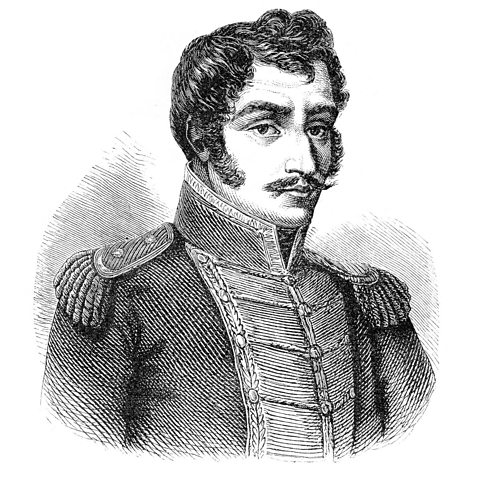
6. Bolivia
The region of South America we now call Bolivia was originally part of the Inca Empire before the Spanish invaded it, along with much of South America, in the early 16th Century.
Many uprisings and attempted revolutions against the Spanish conquistadores followed. By the early 19th Century, what would become Bolivia was Upper Peru (or Charcas).
Venezuelan-born revolutionary Simón Bolívar was a key figure in the Latin American wars of Independence against the Spanish which began at the start of the 19th Century, and a hero to the people he helped gain independence. So when Upper Peru declared independence in 1825, the new country was named after him and became Bolivia.
This article was published in November 2023

Quiz: How well do you know these famous quotes?
You know a quote is truly quotable when it stands the test of time. So how well do you know these famous words?

Where do words like Geordie, Mancunian and Orcadian come from?
Have you ever heard of someone being called a Londoner or a Lancastrian? Probably. But what about an Orcadian, or a Novocastrian, or a Haligonian?
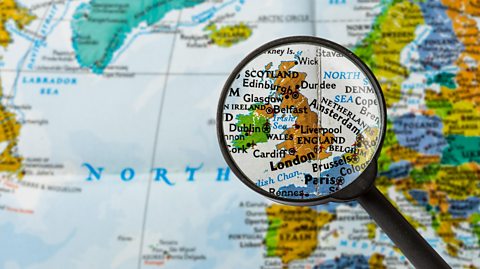
The history hidden in place names
Discover how to spot somewhere that was once inhabited by the Celts, Romans, Anglo-Saxons, Vikings or Normans.
